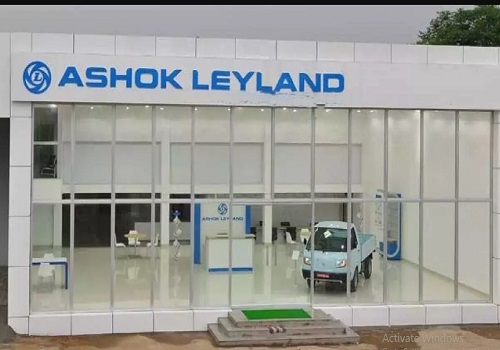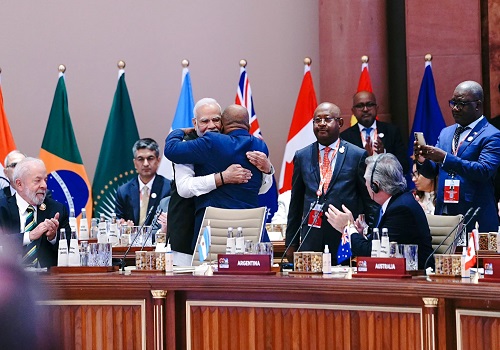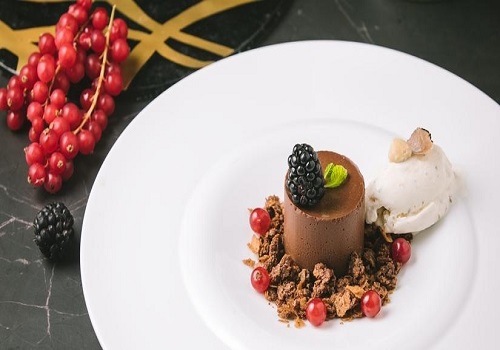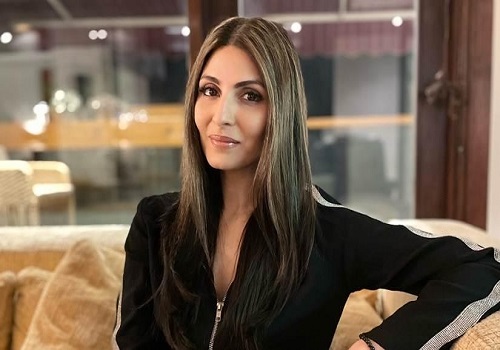The Power of Colour
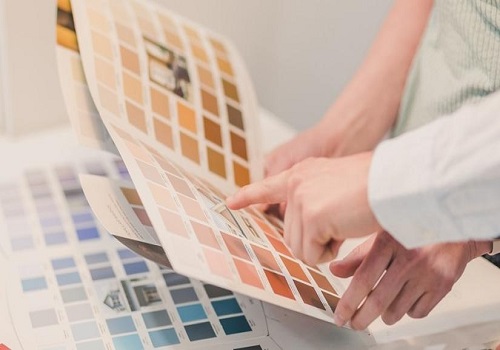
Follow us Now on Telegram ! Get daily 10 - 12 important updates on Business, Finance and Investment. Join our Telegram Channel
Upon entering a space, we are instantly overpowered by feelings. Sometimes a sense of serenity washes over us and sometimes we feel ready to take on the world. At the same time, some spaces can intimidate us while others can inspire us. The interior design of the space dictates the mood for the room and the people in it. One of the most critical components that help set the tone for any space is colour.
Interior designers are akin to artists. When they splash colours on a blank canvas, they invoke a wide spectrum of emotions in us. Have you ever wondered why the paint on the wall, the hues of furniture and the floor colour make such a great impact on our minds and emotions? From plush pastels to vivid neon to calming whites, the human mind perceives each colour distinctly. As a result, different colours evoke different emotional responses.
What is colour psychology?
In interior design, colour psychology is the school of thought that gives precedence to colours as a mechanism for creating a specific ambience and mood. Based on the colour theory, each colour affects a person's mood, cognitive functions, productivity and creativity. Colour psychology ascribes different emotions to each colour and interior designers influence their impact with different tints, tones and saturation. Each hue is chosen meticulously to invoke specific emotional responses in people.
"Colours are now being used even more emotively, irrespective of hue harmonies or rules. The power of colours, be it in apparel, decor or facades is huge as they have a direct influence on a person's psychology. Colour psychology is concerned with the ability of colours to evoke different emotions within us and how we might use them to achieve the desired atmosphere or inspire a behaviour inside the interior. Nowadays, artists and designers appear to be breaking colour boundaries more than ever before," elaborated Nihal Kalra, CEO and Co-Founder of The Decor Kart.
Role of different colours
To understand the role different colours play in interior design, we can divide them into three categories: warm, cool and neutral. Warm colours like red, yellow and brown tend to be vibrant, exciting and strong. These colours can be used as accent colours for focal points in the space to inspire social activity, interaction and optimism. On the other hand, cool colours like blue, green and purple evoke a sense of calmness, serenity and deep thinking. Neutral colours like white, grey, beige and black are flexible and give a sense of space, harmony and elegance.
"Colour psychology is used in interior design to emphasise allure. Colours unquestioningly have shades of meaning for every one of us. They are all around us and we make associations between colours and our feelings. Colour psychology influences people's moods and cognitive functions, creativity and productivity. An individual feels relaxed when surrounded by comforting colours such as pastel shades and energetic when surrounded by vibrant hues such as red, brown or peach, Similarly, neutral colours like white and grey make them feel cool and collected.", explained Nihal.
How does colour psychology impact interior design?
Colour schemes play an integral role in interior design. The colour of the walls, furniture, natural elements, decor, lights and fixtures all influence the psyche of the people in the room. Using the power of colours, interior designers can create a favourable atmosphere or inspire a certain behaviour in the space. For employees working for hours on end in their office, the right colours can boost their workplace productivity. Similarly, the right hues in the home can help people unwind after a long day and make them feel comfortable.
According to Kunal Sharma, Founder and CEO of Flipspaces, "While colour psychology is widely tagged with branding, it is also a fantastic design tool for commercial interior designers. For commercial spaces, the use of colours within a workspace design is as paramount as the brand logo and tagline. Using colours that are in sync with the brand personality increases its recall value and extends its presence in a spatial form. This is true in the case of designing commercial spaces that are frequently visited by potential customers and clients, using the right theme and colours enhances brand association and may even increase the chances of fruitful deals being cracked! It is also important to design with the right colours to attract the right pool of talent and improve the overall engagement and productivity of employees."
As the world of colours beckons interior designers to play and experiment with, they must not forget to create balanced spaces. Whether it is a residential, commercial or professional property, the right colour combination can make a lasting impact on the lives of its inhabitants. That's simply the power of colours!












 320-x-100_uti_gold.jpg" alt="Advertisement">
320-x-100_uti_gold.jpg" alt="Advertisement">


